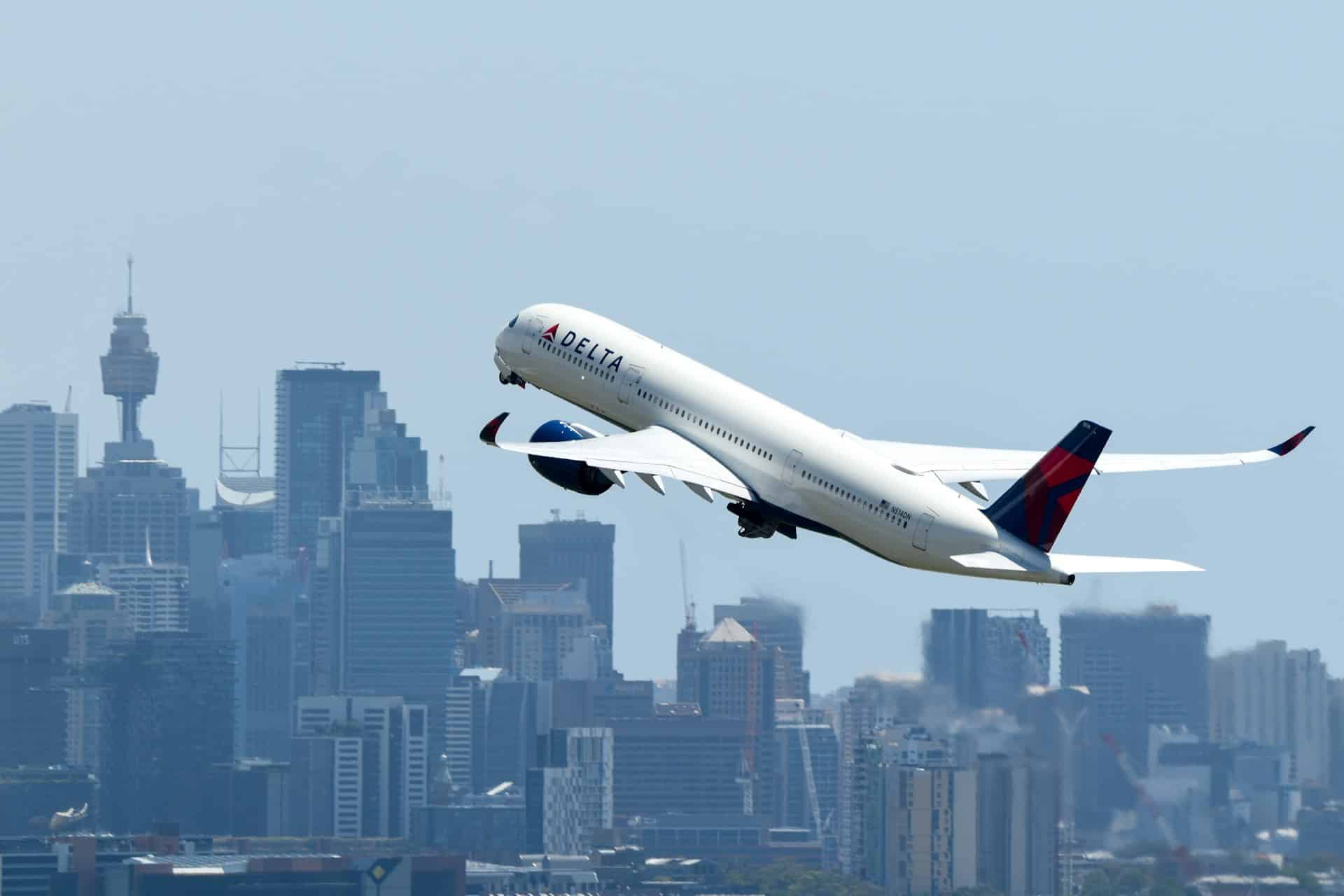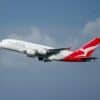A routine Delta Air Lines flight from Stockholm Arlanda Airport (ARN) turned into a noteworthy incident on July 22, 2025, when one of the pilots failed a random alcohol breathalyzer test administered by authorities. The pilot’s blood alcohol content (BAC) exceeded the European Union’s strict limit of 0.02 percent, leading to the cancellation of Flight 205, which was to depart for Hartsfield–Jackson Atlanta International Airport at 10:20 AM. Fortunately, the pilot wasn’t inebriated, but this event opened up serious discussions surrounding aviation safety and the broader implications for travel and tourism.
For travelers, this kind of incident can be disheartening. Many passengers stuck at the airport likely felt frustrated and anxious about their travel plans. While incidents like this are rare, they are a reminder of how crucial it is for pilots to be fit for duty—not just physically, but mentally too. Delta Air Lines asserted that they were cooperating fully with Swedish investigative agencies, emphasizing their commitment to understanding the incident’s details and addressing any concerns.
The aviation industry places immense importance on safety, which is apparent in the stringent regulations regarding alcohol use among pilots. In the U.S., the legal BAC limit for pilots is 0.04 percent, double that of the EU standard, which indicates a cultural difference in how alcohol consumption is viewed in relation to pilot safety. Given that the Federal Aviation Administration (FAA) suggests pilots abstain from drinking for at least eight hours before flying—a guideline echoed internationally—this incident underlines the need for ongoing vigilance in ensuring airline safety.
The cancellation of Delta Flight 205 serves as a wake-up call. It reminds us that even small oversights can spiral into major disruptions for travelers, especially in an already unpredictable air travel landscape. Many people depend on timely flights, whether for work, family visits, or vacations. Such uncertainties can foster a sense of unease around air travel safety and reliability.
Looking at the broader implications for tourism, this incident could influence travelers’ perceptions when considering future flights. Tourist destinations like Stockholm, which boasts a mix of history, culture, and stunning natural beauty, could see diminished interest if people begin to feel unsure about the safety of flying with certain airlines. This event could negatively shape travelers’ confidence, causing them to pause before booking flights with providers involved in safety violations, even minor ones.
Sweden itself is a magnet for tourists, and Arlanda Airport acts as a vital hub for those venturing into the Nordic region. While this particular incident may not deter all travelers, it raises questions about how such cancellations can lead to a hesitancy concerning air travel in general, particularly when high-profile airlines are involved.
The rigorous alcohol limits for pilots enforced in the EU are indicative of a broader commitment to maintaining high standards of aviation safety. Such regulations are universally recognized, with similar guidelines present in regulatory bodies across North America, Australia, and Asia. The FAA’s “bottle-to-throttle” rule reflects a comprehensive understanding of how alcohol can impact pilots’ judgment and performance.
This incident serves as a critical reminder that the responsibility for ensuring pilot fitness rests not only on regulations but also on the continuous commitment of airlines and aviation authorities. The cancellation of Delta Flight 205 is not merely a one-off incident but highlights the need for strict, routine testing of pilots to uphold safety in air travel. The re-emphasis on random checks and aggressive adherence to regulations will be vital in rebuilding trust among travelers.
Overall, the unplanned grounding of Delta Flight 205 should spur airlines to reevaluate their internal practices regarding safety. The aviation industry must maintain a clear message about its commitment to well-being and transparency to ensure that passengers feel assured about the safety of their flights. Even though this kind of situation offers a stark reminder of the complexities surrounding air travel, it’s through addressing these challenges head-on that the airline industry can continue to evolve and meet the needs of today’s travelers.
Image Source: Unsplash





























